"Some stories stay with us long after we’ve turned the last page—igniting curiosity, stirring the imagination, and reshaping how we see the world."
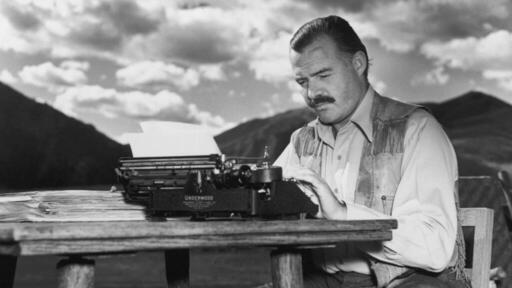
Some stories stay with us long after we’ve turned the last page, they spark curiosity, stir the imagination, and sometimes even shape how we understand the world. Behind those stories are the writers, and sometimes playwrights, who bring unforgettable characters to life and explore the many layers of human experience.
This article highlights 20 notable writers of all time, individuals whose work continues to resonate across generations and cultures, leaving a lasting impact on readers young and old.
1. William Shakespeare
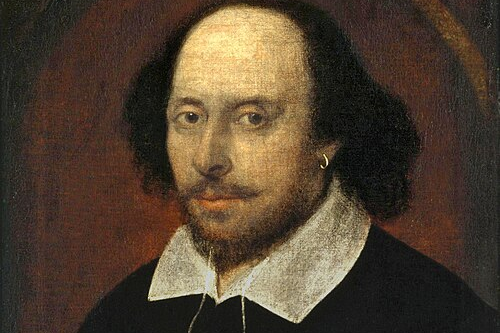
William Shakespeare, born in 1564, was an English playwright, poet, and actor whose influence still echoes through the world of literature and theatre today. Often called the greatest writer in the English language, he created a remarkable body of work, around 39 plays, 154 sonnets, and several poems, some of which may have had other hands involved. His writing not only entertained audiences in his own time, but also set the stage (quite literally) for how modern stories are told. Shakespeare’s works have reached every corner of the globe, translated into nearly every spoken language and performed more than any other playwright’s.
What makes Shakespeare stand out isn’t just how much he wrote, but how deeply he understood human nature. He stretched the possibilities of storytelling by bringing complexity to characters, experimenting with plot structure, and blending genres in new ways. His tragedies, like Hamlet, Othello, Macbeth, and King Lear are often praised as some of the finest ever written. But his comedies and romances, such as Romeo and Juliet, A Midsummer Night’s Dream, Julius Caesar, and The Tempest, continue to captivate audiences young and old. Shakespeare shaped the very way we think about stories, emotion, and the power of language.
Check out: Book Review: Romeo & Juliet and Book Review: Macbeth.
2. George Orwell

Best known for his allegorical novella Animal Farm and the dystopian novel Nineteen Eighty-Four, George Orwell is one of the most widely read and discussed writers of the 20th century. Do you know he was actually born Eric Arthur Blair? He later chose the pen name George Orwell, which he felt had a strong, traditional English ring to it. As a novelist, poet, essayist, journalist, and critic, Orwell used his writing to explore the political and social issues of his time with remarkable clarity and conviction.
Orwell’s style is known for being direct and thoughtful, with a deep concern for justice, fairness, and the dangers of unchecked power. His work ranged across genres: fiction, poetry, literary criticism, and polemical journalism. In non-fiction books like The Road to Wigan Pier, where he documented the harsh realities of working-class life, and Homage to Catalonia, based on his personal experience in the Spanish Civil War, Orwell brought attention to voices often ignored. His sharp social critiques and commitment to democratic values continue to make his work relevant today, especially in conversations about truth, freedom, and the role of government.
3. Albert Camus

Albert Camus was a French philosopher, author, dramatist, playwright, journalist, and political activist who left a lasting impression on both literature and modern thought. He wasn’t just a writer, he was deeply involved in the political issues of his time. Camus took a clear stance against totalitarianism, especially in opposition to Joseph Stalin and the Soviet Union. He was drawn to moral questions and aligned himself with anarcho-syndicalist ideas, often participating in groups that supported European unity and cooperation.
His major works include The Stranger, The Plague, The Myth of Sisyphus, The Fall, and The Rebel. Camus is often linked with existentialism, though he personally rejected the label. Instead, his writing helped shape the idea of absurdism, the belief that life can be without clear meaning, but still worth engaging with. In 1957, at just 44 years old, he was awarded the Nobel Prize in Literature, making him the second-youngest person to ever receive it.
4. Mark Twain
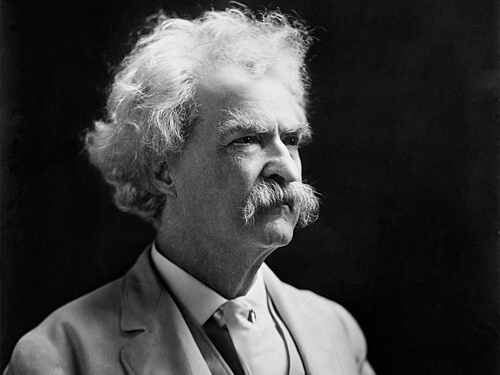
Praised as the “greatest humorist the United States has produced,” Mark Twain holds a special place in American literature. William Faulkner even referred to him as “the father of American literature,” while Ernest Hemingway famously said that “all modern American literature comes from one book called Huckleberry Finn.” Born Samuel Langhorne Clemens, he adopted the pen name Mark Twain and became known not just for his writing, but for his sharp wit and unforgettable characters.
Twain was a master of both fiction and non-fiction. His best-known novels include The Adventures of Tom Sawyer, A Connecticut Yankee in King Arthur’s Court, and Pudd’nhead Wilson. As his popularity grew, so did his presence on the public stage. He became a widely admired speaker whose humor and insight captivated audiences. Twain’s storytelling and satire won over critics and readers alike, and his circle of friends included presidents, artists, and even European royalty. His voice helped shape the tone of American writing for generations to come.
5. Ernest Hemingway

Known for his crisp, understated writing style, Ernest Miller Hemingway left a strong impression on literature and shaped the way many 20th-century writers approached storytelling. He was an adventurous figure with a blunt and outspoken personality that often made headlines. Over his career, he published seven novels, six short-story collections, and two works of non-fiction. Several of these are now considered American classics.
In 1937, Hemingway traveled to Spain to report on the Spanish Civil War, an experience that inspired his novel For Whom the Bell Tolls, which he wrote in Havana. A few years later, he reported on World War II, witnessing major events like the Normandy landings and the liberation of Paris. In 1952, he published The Old Man and the Sea, a short novel that earned widespread praise and won the Pulitzer Prize for Fiction. Two years after that, he was honored with the Nobel Prize in Literature, recognizing a body of work that continues to resonate with readers around the world.
6. Jane Austen
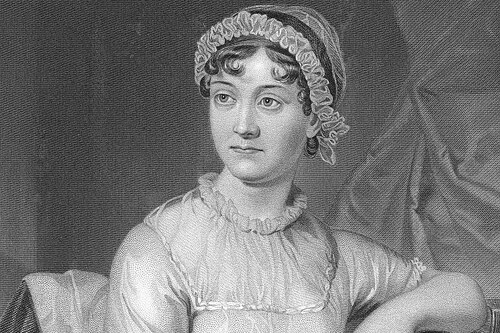
Her stories often explore how women navigated a world where marriage was closely tied to social standing and economic security. With a blend of wit, realism, and subtle irony, she offered thoughtful commentary on the lives of the English landed gentry at the end of the 18th century. Her writing style, marked by sharp observation and quiet humor, continues to be admired by readers and scholars alike.
Jane Austen wrote most of her major novels before the age of 22, although they weren’t published until she was 35. Sense and Sensibility, Pride and Prejudice, Mansfield Park, and Emma were all released anonymously and gained modest attention during her lifetime. After her passing, Northanger Abbey and Persuasion were published in 1817. She also began writing Sanditon, a novel that remained unfinished due to her declining health. Despite limited recognition during her life, her work has gone on to shape English literature in lasting ways.
7. Roald Dahl
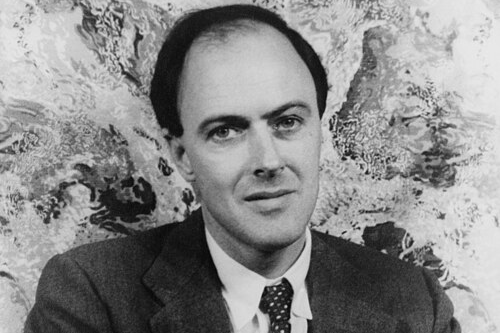
Popular for his imaginative children’s literature and memorable short stories, this British author was also a poet, screenwriter, and a decorated wartime fighter ace. Roald Dahl served in the Royal Air Force during the Second World War, flying combat missions as a fighter pilot before becoming an intelligence officer and rising to the rank of acting wing commander. His writing career took off in the 1940s with works for both children and adults, and his books have gone on to sell more than 300 million copies worldwide.
Often described as one of the greatest storytellers for children of the 20th century, he created timeless classics like James and the Giant Peach, Charlie and the Chocolate Factory, Matilda, The BFG, The Witches, and Fantastic Mr Fox. For older readers, he wrote collections such as Tales of the Unexpected and The Wonderful Story of Henry Sugar and Six More. His contributions to literature earned him major recognition, including the World Fantasy Award for Life Achievement in 1983 and the British Book Awards’ Children’s Author of the Year in 1990. In 2008, The Times placed him 16th on its list of “The 50 Greatest British Writers Since 1945.
8. Franz Kafka

Born into a middle-class Jewish family in Prague—then part of the Austro-Hungarian Empire—Kafka grew up speaking both German and Yiddish. Though he trained as a lawyer and worked in legal and insurance offices, he often felt torn between his daily responsibilities and his deep desire to write. That tension between personal purpose and external expectation would later become a powerful theme in his stories.
His best-known works include The Metamorphosis, The Trial, and The Castle. These writings blend realism with the surreal, often featuring isolated characters trapped in strange, confusing systems of power. Kafka portrayal of bizarre and often frustrating bureaucracies gave rise to the term “Kafkaesque”, now used to describe situations that feel absurdly complex or nightmarishly impersonal. In his stories, the spiritual and symbolic collide with the mundane, capturing the unsettling feeling of trying to find meaning in a world that doesn’t always seem to offer clear answers.
9. Agatha Christie
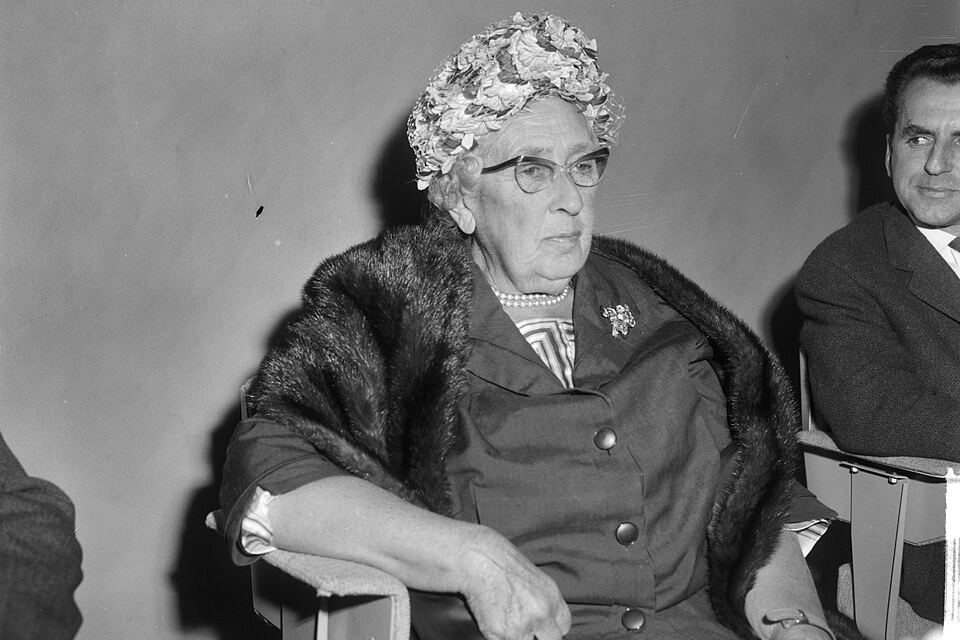
Often referred to as the “Queen of Crime” or the “Queen of Mystery,” she remains one of the most celebrated writers in the mystery genre. Dame Agatha Mary Clarissa Christie, also known as Lady Mallowan, DBE, created stories that continue to intrigue readers across generations. With 66 detective novels and 14 short story collections, she introduced the world to two unforgettable fictional detectives, Hercule Poirot and Miss Marple, both of whom have become iconic figures in crime fiction.
She also wrote The Mousetrap, a murder mystery play that holds the record as the world’s longest-running theatre production. Under the pseudonym Mary Westmacott, she penned six novels that explored themes beyond mystery. In recognition of her literary achievements, she was made a Dame by Queen Elizabeth II in 1971. To this day, she remains the best-selling fiction writer of all time, with over two billion copies of her books sold worldwide.
10. J. R. R. Tolkien
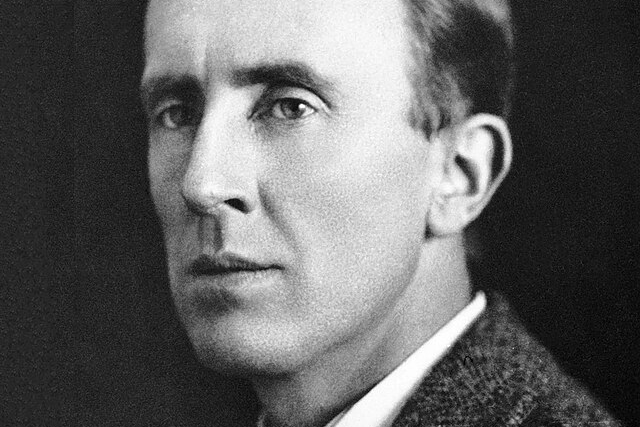
John Ronald Reuel Tolkien was an English writer and philologist who brought a deep love of language and storytelling to everything he created. He spent much of his academic life as the Merton Professor of English Language and Literature and a Fellow of Merton College, holding those roles from 1945 until his retirement in 1959. Beyond his academic career, he became best known as the author of The Hobbit and The Lord of the Rings, two high fantasy novels that introduced readers to the richly imagined world of Middle-earth.
Using his expertise in philology, Tolkien invented entire languages for the peoples of Middle-earth, including Quenya and Sindarin, drawing inspiration from real-world languages he admired. His detailed world-building and deep mythology earned him the title of the “father” of modern fantasy literature. In 1972, Tolkien was appointed a Commander of the Order of the British Empire by Queen Elizabeth II. He also shared a close friendship with fellow writer C. S. Lewis, and the two often exchanged ideas about storytelling and faith.
11. Oscar Wilde
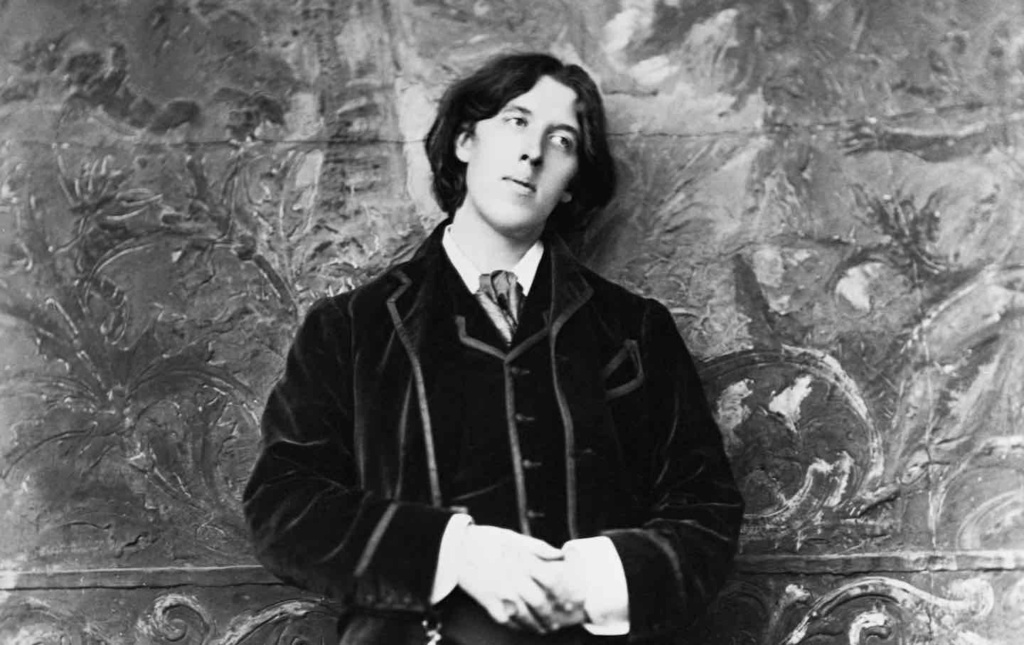
Regarded by many as the greatest playwright of the Victorian era, he made a lasting mark with his clever dialogue and sharp social observations. He’s best remembered for The Picture of Dorian Gray, a Gothic novel that explores beauty, morality, and consequence, as well as for his witty epigrams, popular plays, and even gentle bedtime stories for children. His writing blended charm and depth in a way that continues to resonate with readers and audiences today.
Oscar Fingal O’Fflahertie Wills Wilde was an Irish author, poet, and playwright with a remarkable gift for language. He spoke fluent French and German, and his biting wit, bold fashion, and brilliant conversation made him one of the most recognizable public figures of his time. Throughout his career, he explored many creative paths, writing plays, publishing poetry, and touring the United States and Canada to lecture on topics like art and interior design.
12. Leo Tolstoy
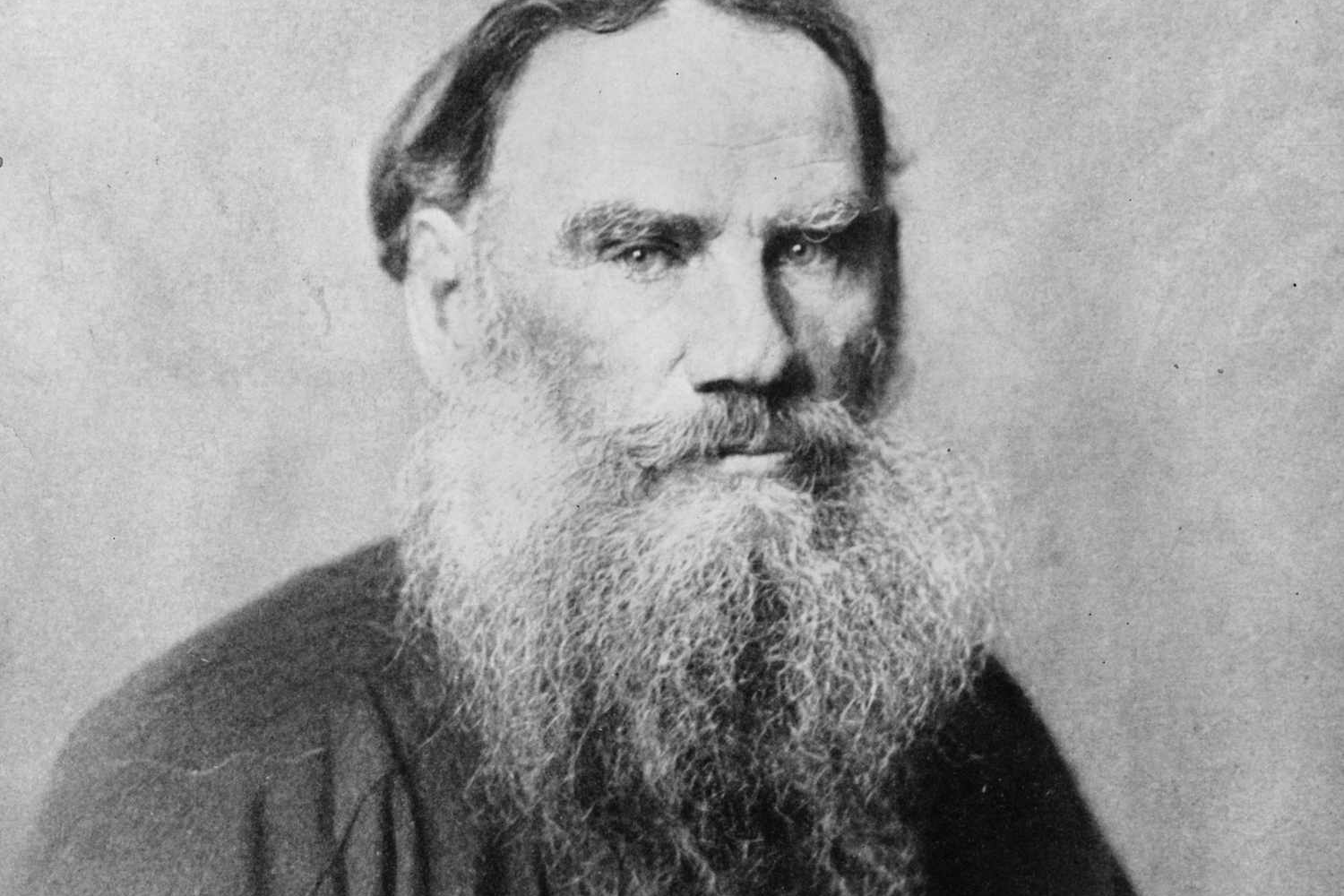
Count Lev Nikolayevich Tolstoy, better known as Leo Tolstoy, was a Russian writer born into an aristocratic family. He first gained attention in his twenties with a trilogy based on his early life: Childhood, Boyhood, and Youth. His Sevastopol Sketches, drawn from his own experiences during the Crimean War, also helped establish his reputation as a serious literary voice.
Tolstoy went on to write some of the most celebrated novels in world literature, including War and Peace, Anna Karenina, and Resurrection. His talent extended to short stories like “Alyosha the Pot” and “After the Ball,” and novellas such as Family Happiness, The Death of Ivan Ilyich, and The Kreutzer Sonata. He also explored philosophical, moral, and religious questions in his plays and essays. Though he was nominated multiple times for both the Nobel Prize in Literature and the Nobel Peace Prize, he never received either, something that continues to be one of the most talked-about omissions in Nobel history.
13. Virginia Woolf
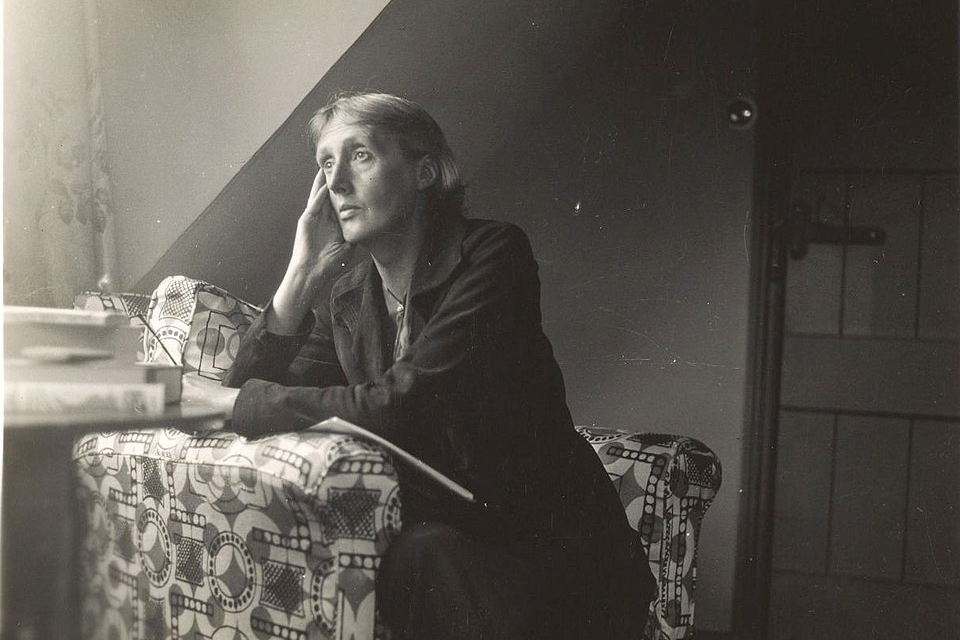
A groundbreaking voice in modern literature, Virginia Woolf helped pioneer the use of stream of consciousness narration, a style that gives readers direct access to a character’s thoughts and feelings. Her novels, including Mrs Dalloway, To the Lighthouse, and Orlando, explore time, memory, identity, and society in fresh and creative ways. She also made a lasting contribution to feminist thought with her well-known essay A Room of One’s Own, which argues for women’s independence and creative freedom.
Her work became central to feminist criticism in the 1970s and continues to resonate around the world, with translations in over 50 languages. Today, her legacy is kept alive through academic study, cultural portrayals, and numerous tributes, including societies, memorials, and buildings at universities named in her honor.
14. Arthur Conan Doyle
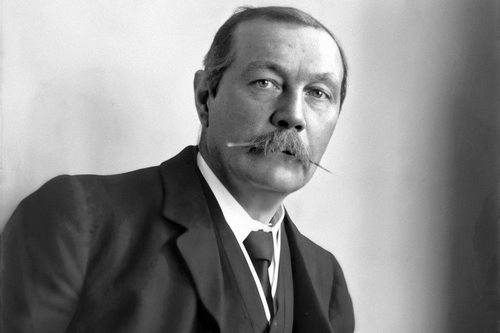
Often referred to as “Sir Arthur Conan Doyle” or simply “Conan Doyle,” he is best known for bringing the legendary detective Sherlock Holmes to life. He studied medicine at the University of Edinburgh Medical School between 1876 and 1881, and also took practical botany classes at the Royal Botanic Garden in Edinburgh. While still a student, he began writing fiction. One of his earliest known stories, The Haunted Grange of Goresthorpe, was submitted to Blackwood’s Magazine but was not accepted for publication.
In 1887, he introduced Sherlock Holmes and Dr. Watson in A Study in Scarlet, the beginning of a series that would shape crime fiction for generations. Over time, he wrote four Holmes novels and fifty-six short stories featuring the famous detective. Doyle was a prolific author whose works included science fiction adventures starring Professor Challenger, humorous tales about Brigadier Gerard, as well as plays, romances, poetry, non-fiction, and historical novels.
15. Fyodor Dostoevsky

Fyodor Dostoevsky was a Russian novelist, short story writer, essayist, and journalist whose work continues to resonate with readers around the world. His most widely read novels, Crime and Punishment, The Idiot, Demons, and The Brothers Karamazov offer powerful portraits of characters grappling with guilt, faith, justice, and the search for meaning. These emotionally layered stories are just as compelling for their psychological depth as they are for their unforgettable narratives.
His writing delves into the complexities of human behavior, often set against the backdrop of 19th-century Russia’s shifting political, social, and spiritual landscape. Dostoevsky explored themes like morality, free will, and existential doubt in ways that still strike a chord today. His stories continue to invite reflection, offering readers a chance to look inward while also navigating the rich, often turbulent worlds he created.
16. Charles Dickens
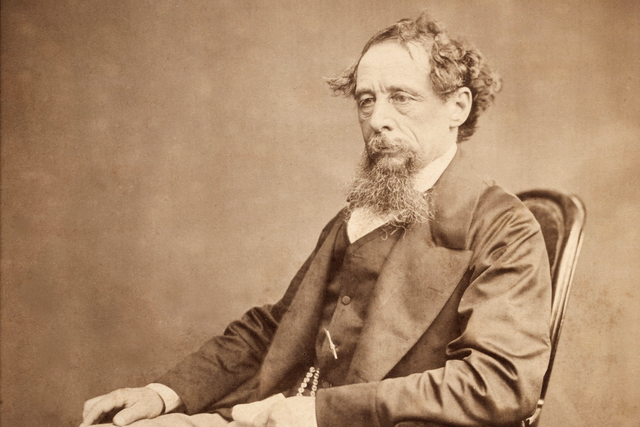
His works like A Tale of Two Cities, Great Expectations, and Oliver Twist introduced some of the most memorable fictional characters in literature and continue to be loved by readers of all ages. Charles Dickens, an English novelist, journalist, short story writer, and social critic, had a remarkable ability to blend gripping storytelling with a deep look at the social issues of Victorian England.
Regarded by many as the greatest novelist of the Victorian era, Dickens’s writing enjoyed massive popularity during his lifetime and has only grown in stature since. By the 20th century, critics and scholars recognized him as a literary genius, and today his novels and stories are still widely read, taught, and adapted around the world.
17. Edgar Allan Poe
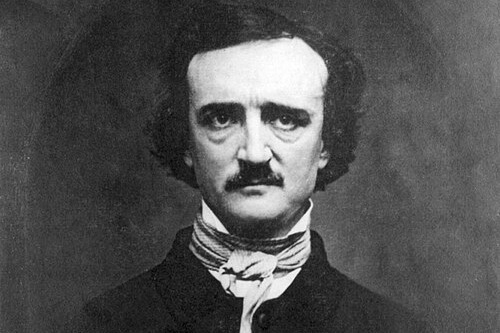
Famous for his eerie tales and haunting poetry, he was the first well-recognized American writer to earn a living solely through writing, a path that led to a financially difficult life. Edgar Allan Poe worked as a writer, poet, editor, and literary critic. He gained lasting attention for his short stories and poems that explore themes of mystery, death, and the macabre, drawing readers into deeply atmospheric and emotionally intense worlds.
As one of the central figures of Romanticism and Gothic fiction in early American literature, Poe played a major role in shaping the genre. His stories include The Black Cat, Berenice, The Balloon Hoax, The Angel of the Odd, The Assignation (The Visionary), and The Narrative of Arthur Gordon Pym of Nantucket. Since his death, his influence has lived on through countless references in art, music, literature, film, and television.
18. Gabriel García Márquez
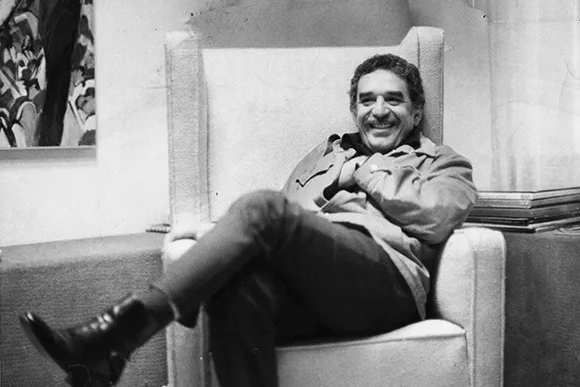
Celebrated Colombian novelist Gabriel García Márquez, affectionately known as Gabo or Gabito throughout Latin America, was also a short-story writer, screenwriter, and journalist. His storytelling wove together the magical and the real, creating unforgettable narratives that touched on love, memory, and the complexities of human nature. Readers around the world have been drawn to his distinctive voice and imaginative style, which brought new life to Latin American literature.
Widely regarded as one of the most significant authors of the 20th century, Márquez was awarded the Nobel Prize in Literature in 1982. His most famous books include One Hundred Years of Solitude, Love in the Time of Cholera, In Evil Hour, and The Autumn of the Patriarch.
19. F. Scott Fitzgerald
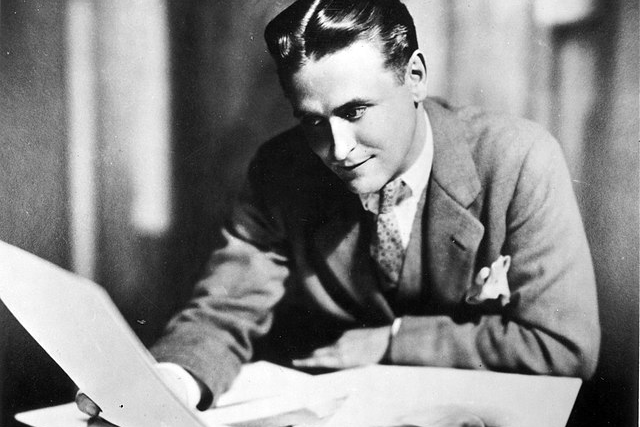
He’s best known for The Great Gatsby, a novel that explores themes like decadence, idealism, and social change during the Roaring Twenties. Through his writing, Fitzgerald painted a vibrant portrait of an era filled with jazz, glamour, and the pursuit of dreams.
In addition to The Great Gatsby, his other novels like Tender Is the Night and The Beautiful and Damned reflect similar themes with beautifully crafted prose. He also wrote many short stories for widely read magazines such as The Saturday Evening Post, Collier’s Weekly, and Esquire. Known for his sharp wit, quick intelligence, and the ability to make language shimmer with feeling, Fitzgerald is widely regarded as one of the greatest American writers of the 20th century.
20. C.S. Lewis
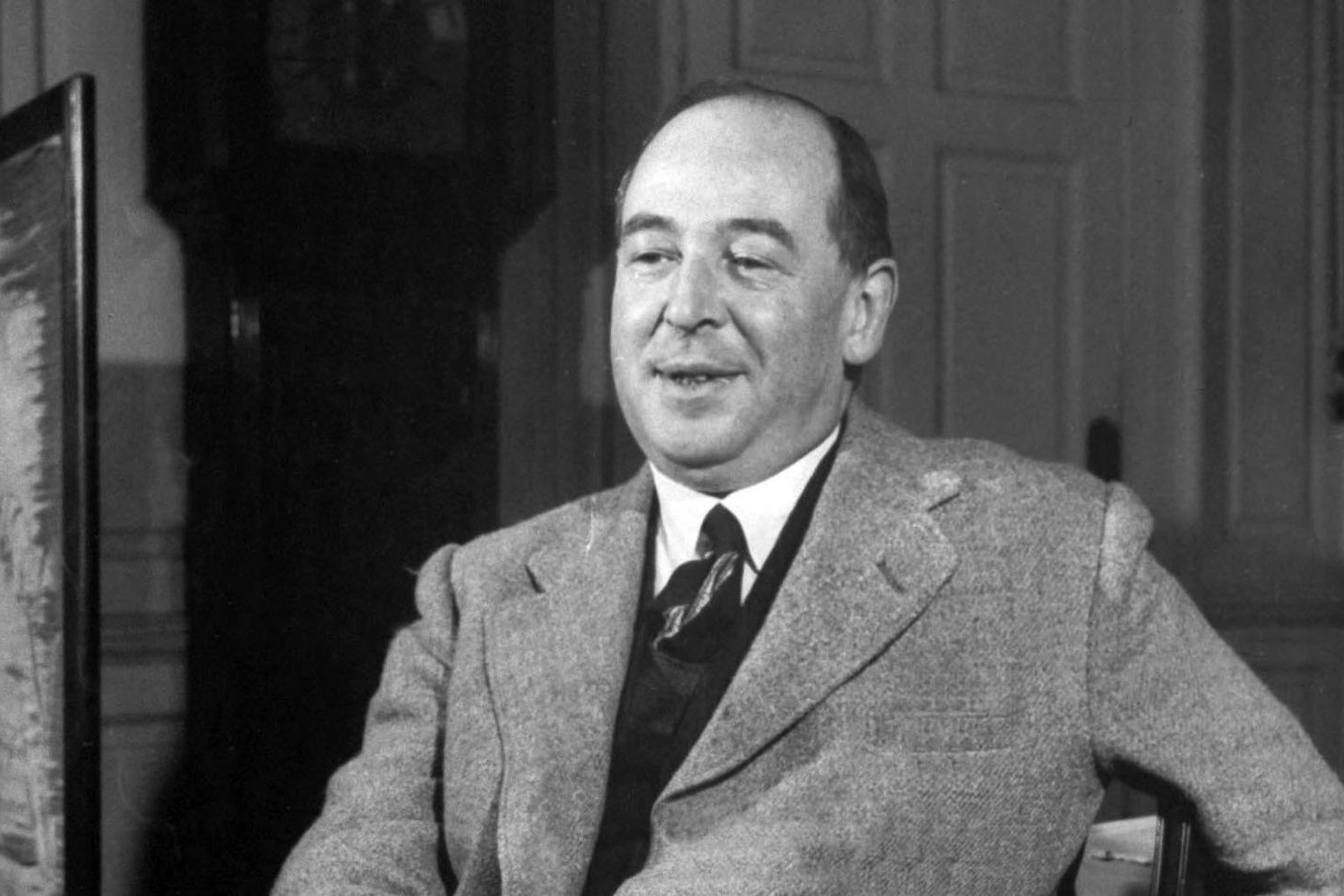
C.S. Lewis, whose full name was Clive Staples Lewis, was a British writer, literary scholar, and Anglican lay theologian with an incredible range. Many families know him as the beloved author of The Chronicles of Narnia, a magical series that has delighted readers of all ages for decades. He also wrote The Screwtape Letters and The Space Trilogy, blending fiction with deep ideas about faith, humanity, and morality in unique and thought-provoking ways.
In total, Lewis wrote over 30 books that have reached millions of readers in more than 30 languages. His works, especially The Chronicles of Narnia, have become household favorites and have been adapted into plays, TV series, and films. Outside of his fiction, Lewis’s Christian writings like Mere Christianity, Miracles, and The Problem of Pain continue to be widely read and quoted by scholars across many Christian traditions. His ability to explore complex ideas in such an accessible and imaginative way has made his writing last through generations.
Check out: 10 Essential Books for Teens: Boosting English Skills & Building Character

Leave a Reply